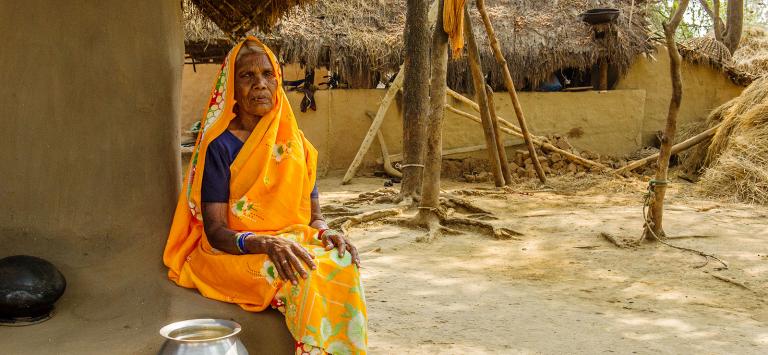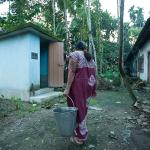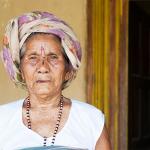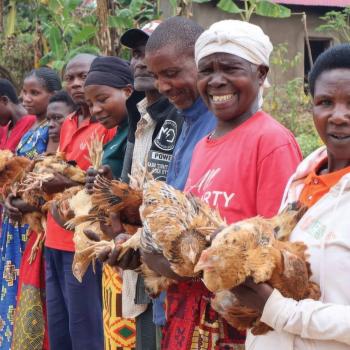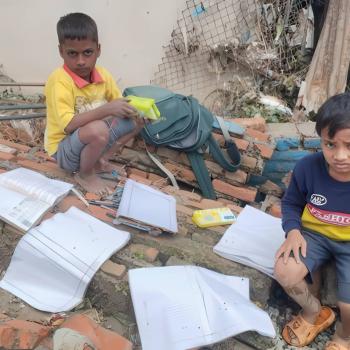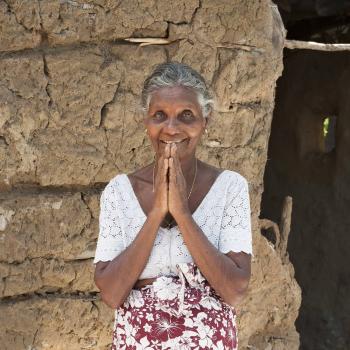Wills Point, Texas – Gospel for Asia (GFA) Special Report – Discussing the plight of widows worldwide as they face tragedy, discrimination, and suffering.
Accounts of the humiliations, insults and indignations suffered by widows worldwide would make anyone cringe.
Gulika, a widow in Asia, experienced helplessness after the people in her village turned their backs on her after her husband’s death.
A woman in Nigeria was harassed by her brother-in-law asking for documents of her house before her husband’s body even left for the funeral home—and then insisted she had to leave.
Another Nigerian woman’s husband lay in a hospital bed when her sister-in-law demanded a huge amount of money from their bank account. When the wife refused, her in-law swore she would regret it.
“Three days after, my husband died, his family descended on me, took his cars away and emptied the house.”
In connection with last year’s International Widows Day, CNN spotlighted the cases of seven widows, ranging from a woman in Nepal to a widow in India to the spouse of a U.S. serviceman killed 12 years ago in Iraq. Their stories varied, but they faced the same plight: difficulties with grief and loneliness, forms of ostracism, financial struggles and hopelessness.
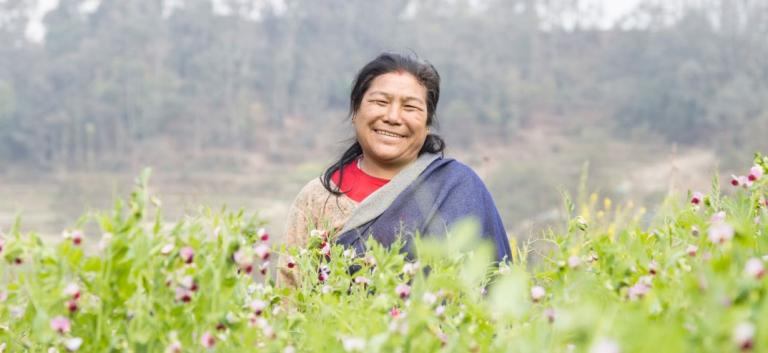
The widow in Nepal, Santu Kamari Maharjan, then 55, had lost her husband to kidney failure years before. With young children to support, she had to work in people’s fields to clothe and feed them. (She had to sell her own field to pay for her husband’s medical treatment.) Her sisters-in-law would taunt her. As difficult as that was, then a serious earthquake in 2015 left her with no income—until the nonprofit Women for Human Rights helped her and 14 other women to build a bamboo shelter to start an agriculture business.
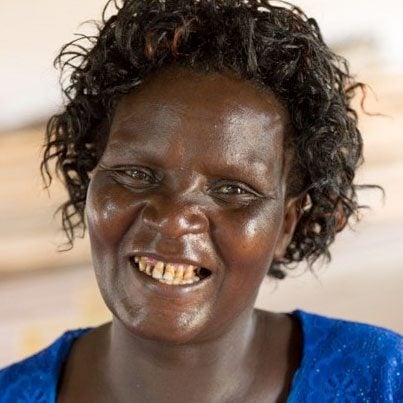
Grace Njeri Mwichigi became a widow after her husband was killed during tribal clashes in Kenya in 2007. The following months brought stress, confusion and fear, with much of the neglect and humiliation coming from family members. Purita Carlos of the Philippines lost her husband to lung cancer, which meant her fourth-grade son had to stop attending school while they stayed in Manila so she could learn how to earn a living.
“Being a widow is not easy, It is very sad, and the pain of missing your husband is always there. I don’t want to go through the same experience again. That is why I would not ever remarry. It is enough that I have my son.”
– Purita Carlos in an interview with CNN [1]
In other media coverage, headlines alone give an indication of the situation facing so many widows:
Afghan widows ‘would rather die’ [2]
Agonies of widows hit by
harsh Nigerian traditions [3]
Stories of survival: Widows of
India’s farmer suicides [4]
USA: Social Security underpays
thousands of widows and widowers [4]
Kenya: Where becoming a widow is
the worst thing that can happen to you [6]
Widows Are at the Bottom of the Pile
Of the estimated 285 million widows in the developing world, more than 115 million live in abject poverty. [7] Eighty six million have suffered physical abuse, according to Cherie Blair, president of the UK-based Loomba Foundation, established in 1997 to empower widows and educate their children. In addition, 1.5 million children whose mothers have been widowed will die before they turn 5 years old. Considering the average widow has three children and six other family members, the wider impact affects more than a billion people, about one-seventh of the world’s population.

“Their plight is one of the most important, yet under-reported, human-rights issues facing the world today,” says Blair. “Much has been made, and rightly so, of gender inequality, but widows have truly been at the bottom of the pile—visible and invisible—for too long. For many women, becoming a widow does not just mean the heartache of losing a husband, but often losing everything else as well.” [8]
Gospel for Asia reported on one widow named Gulika and her plight. [9] While Gulika didn’t live an extravagant lifestyle, her husband, Manan, earned an adequate income working as a tailor. That all changed the day Manan hurried across some railroad tracks, unaware of the train just around the bend.
The sorrow of losing her husband was compounded by the reaction of others in her village in Asia. Believing Gulika was cursed, many feared that even passing by her on the street could bring them bad luck. Not surprisingly, Gulika fell into emotional despair. Still, she had to uphold her duties as a daughter-in-law, including retrieving water for the family. The nearest source was an old well a third of a mile walk from home.
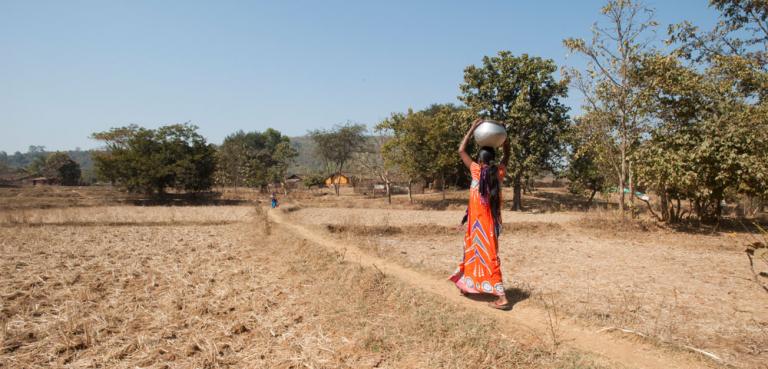
Collecting water was a grueling chore, and not just because of the lengthy walk. Women and girls feared going out alone because of the potential danger of men taking advantage of their vulnerability. Some days, Gulika faced harassment from her neighbors, and she didn’t always come home with enough water.
Gulika’s story has a happy ending: A Gospel for Asia-supported pastor arranged for a new water well to be drilled in front of her home.
Widows Do Not Often See Relief from Their Suffering
Too often, however, widows don’t see relief from their suffering. So many women in various parts of the world have lost their husbands that the term “island of widows” has been applied to locations in Nicaragua, Sri Lanka and India.
Some of these women’s husbands have died from unknown chronic kidney disease (CKDu). First diagnosed among sugarcane workers in Chichigalapa, Nicaragua, it more recently spread to a coastal town in Andhra Pradesh, India. In a village of less than 3,000 people, at least 126 women have become widows by CKDu ailments, which have stricken farmers, coconut grove workers and fishermen. [10]
There are other concentrations of widows linked to a variety of causes. The city of Vrindavan in northern India, known as a holy city because of its numerous temples, has been labeled “the city of widows.” That’s because an estimated 15,000 to 20,000 widows live in the area, almost one-fourth or one-third of the city’s population of 63,000. [11]

The Sunderbans, a cluster of islands stretching from India to Bangladesh, contain several villages that are home to “Tiger Widows,” women whose spouses have been killed by tigers.
“They think we are evil,” said one woman who lost her husband to a wild animal. “People blame us for the death of our husbands.” [12]
Widows Worldwide Face Tragedy, Discrimination: Part 2 | Part 3
This article originally appeared on gfa.org
To read more on Patheos on the plight of widows worldwide, go here.
Go here to know more about Gospel for Asia: Facebook | Youtube | Twitter | GFA Reports | My GFA


